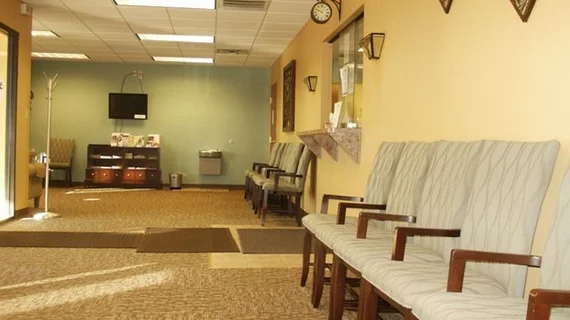Long wait times force heart surgery patients in Wales to consider 300-mile trip for treatment
Prolonged cardiac surgery wait times in Wales are forcing physicians to cherry-pick patients for treatment elsewhere, the BBC reported this month.
Richard Skone, a doctor on the Cardiff and Vale University Health Board, told the British outlet that he and his colleagues are in “preliminary discussions” with Royal Stoke University Hospital about transferring patients there for cardiac surgery. Stoke is 153 miles from the Welsh capital, meaning patients would be subject to a more than 300-mile round-trip journey for treatment.
“Allowing patients access to treatment elsewhere is a measure we are taking to reduce wait times,” Skone said. “A full consultation will take place with a cardiologist and those patients who are identified as suitable. Patients will be able to choose if this is an option they wish to proceed with or not.”
Patients’ family members would also be put up in Stoke as part of their loved one’s treatment plan.
According to the Welsh Health Specialized Services Committee, “no decisions have been made and no patients contacted” as of yet. But this has happened before—in both 2010 and 2015, WHSSC outsourced cardiac cases from Wales to Royal Stoke University Hospital.
Read the full report below:

